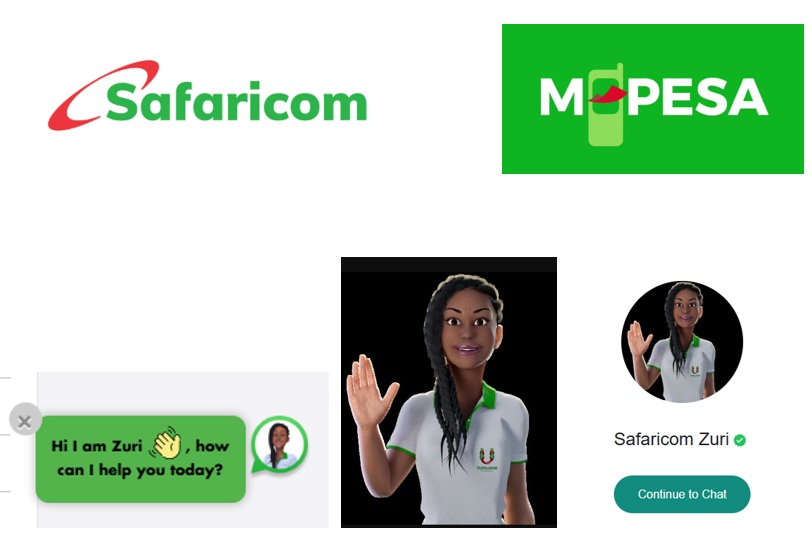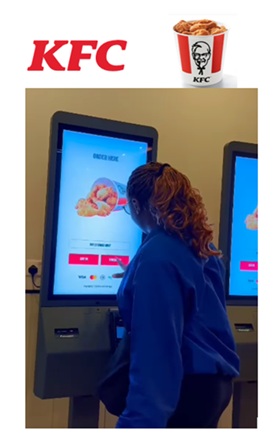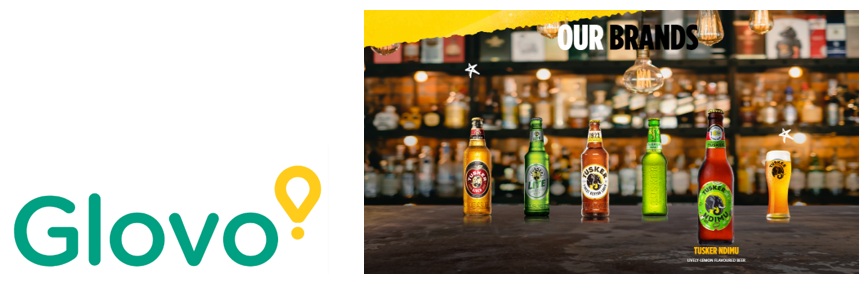by Olgah Atellah
Kenya has leaped ahead of “developed countries” in digital marketing. How do they do this? Leapfrogging. It’s easier to skip traditional gradual paths of innovation when they don’t exist. You have a blank slate.
This is happening in all things digital. Kenya invented the first digital payment and banking system (M-Pesa) and implemented it nationally before anyone else did. It was easier for them because the economy was growing rapidly and yet the majority of businesses and people were unbanked. They desperately needed to be able to transfer money and put it in a safe place. They weren’t impeded by the existence of clunky traditional banking systems which had to be modernized or disrupted.
Two digital marketing trends emerging
During the Digital Marketers Breakfast on 5th March, 2025 at The Sarit Expo Centre in Nairobi, marketers came together and discussed various digital marketing trends. As businesses navigate this changing environment, digital marketing strategies in Kenya are aligning along two key paths: data-driven precision marketing and culturally resonant, storytelling-based engagement.

Digital Marketers Breakfast: Left Olgah Atellah, Presciant LLC and Right Mercy, Jujaya Media
Digital Marketers Breakfast: Left, Richard of Simba Telecoms, center, Olgah Atellah of Presciant LLC and right, Moses Were of Strive Creative
Trend 1: Data-Driven Precision Marketing
Kenyan brands are increasingly leveraging data analytics and AI to optimize digital marketing campaigns. Moreover, growing internet penetration and mobile usage, brands are tapping into programmatic advertising, predictive analytics, and hyper-personalized content to reach the right audiences at the right time.
Financial institutions, telecommunications companies, and e-commerce platforms are leading this shift. Safaricom, the leading mobile operator and inventor of M-Pesa, uses AI-powered recommendation engines in its M-Pesa marketing strategy to deliver personalized offers to users which increase engagement and customer retention. Safaricom’s AI-driven chatbot, Zuri, assists users with tasks such as retrieving M-PESA statements and purchasing data bundles, providing instant support and personalized guidance.
Similarly, banks like Equity and KCB are utilizing behavioral analytics to craft tailored financial product promotions.
The use of AI in digital marketing: Artificial Intelligence (AI) is becoming increasingly integrated into all facets of digital marketing. Jumia, the largest online shopping platform in Africa leverages predictive analytics for demand forecasting, ensuring targeted advertising and optimized inventory management. Personalized marketing campaigns, such as Equity Bank’s AI-powered financial product recommendations, are improving customer engagement and retention. AI agents, like automated customer support on e-commerce platforms, are streamlining service delivery, while AI-enhanced marketing automation is helping businesses scale operations more efficiently.
New SEO strategies: The way Kenyan consumers search for information is evolving. Google’s AI-generated overviews are changing SEO strategies. Businesses are optimizing for voice search, as seen with KFC Kenya’s “Order by Voice” assistant. Companies are also prioritizing Experience, Expertise, Authoritativeness, Trustworthiness (E-E-A-T) in their content. Nation Media Group, an East Africa independent media company delivering news and entertainment through print, digital, and broadcast platforms, is refining its digital news articles to meet these criteria. Generative Engine Optimization (GEO) is emerging as businesses prepare for AI-powered search experiences.
A seamless customer journey is paramount. Jumia is improving website usability with faster load times and intuitive navigation. The Kenya operation of Uber Eats ensures fast-loading app experiences with minimal downtime, while Safaricom’s revamped MySafaricom App enhances user accessibility and support features. Easy access to customer support, including chatbots and live chat, which are now a critical focus for brands like Equity Bank and KCB.
Data privacy and transparency: Consumers are increasingly concerned about data privacy and ethical business practices in digital marketing. Safaricom is leading the way in transparency with clear data protection policies. Tala, a digital lending platform, and Branch, a fintech company, are under increased scrutiny for responsible data handling. Companies are aligning with sustainability goals, such as Unilever Kenya’s eco-conscious marketing, which promotes sustainable packaging in digital campaigns.
Providing a consistent customer experience across digital and physical touchpoints is crucial. Carrefour Kenya a retail giant operating hypermarkets, supermarkets, and e-commerce platforms, seamlessly integrates online and offline shopping experiences, allowing customers to order groceries via app and pick them up in-store. Banks like KCB and Co-operative Bank are ensuring continuity by synchronizing mobile banking, USSD, and branch services. Retail brands like Bata Kenya, a retail footwear manufacturing brand, have adopted a hybrid digital marketing approach, where social media ads lead directly to WhatsApp-assisted purchases.
Trend 2: Culturally Resonant Storytelling
Kenyan brands are combining AI-driven precision marketing with storytelling to build emotional connections. This approach thrives on authenticity, humor, and social relevance, with brands tapping into everyday experiences and cultural nuances to engage audiences, particularly on platforms like TikTok, Instagram Reels, YouTube, and LinkedIn.
Tusker taps into patriotic themes and nostalgia to foster brand loyalty. Absa Bank’s “Real Money Stories” campaign features short testimonials showcasing real customer experiences. Safaricom’s explainer videos simplify complex products like Fuliza and M-Shwari, increasing customer comprehension and adoption. Netflix Kenya uses localized content strategies to drive long-term subscriber retention.
Locally relevant narratives: TikTok and influencer marketing have amplified the impact of relatable, locally relevant narratives. Brands are embracing short, engaging videos to humanize their services. Absa Bank’s “Real Money Stories” campaign features short customer testimonials on how the bank has helped them achieve financial goals. Safaricom prioritizes user-generated testimonials over traditional influencer marketing. Tusker’s viral challenge videos have solidified its place among younger audiences, and Safaricom’s short-form explainer videos make complex products like Fuliza and M-Shwari easy to understand.
Tusker has shifted towards employee-generated content in its digital marketing, featuring real employees sharing their brand stories. Brands like Glovo are leveraging social commerce, allowing customers to order meals directly from Instagram and Facebook pages.
Maintaining consistency across platforms remains a challenge. Brands must ensure their storytelling efforts align with their broader digital strategy to avoid disjointed messaging.
The Future of Digital Marketing in Kenya
Kenya’s digital marketing ecosystem is at a crossroads—between data-driven precision and culturally rooted storytelling. Will Kenyan brands prioritize analytics and automation, or will the power of cultural storytelling continue to dominate? When inventing the future, the most successful brands will be those that seamlessly integrate both approaches, leveraging AI to enhance efficiency and engagement while ensuring marketing efforts remain relevant, impactful, and deeply connected to the Kenyan consumer.





